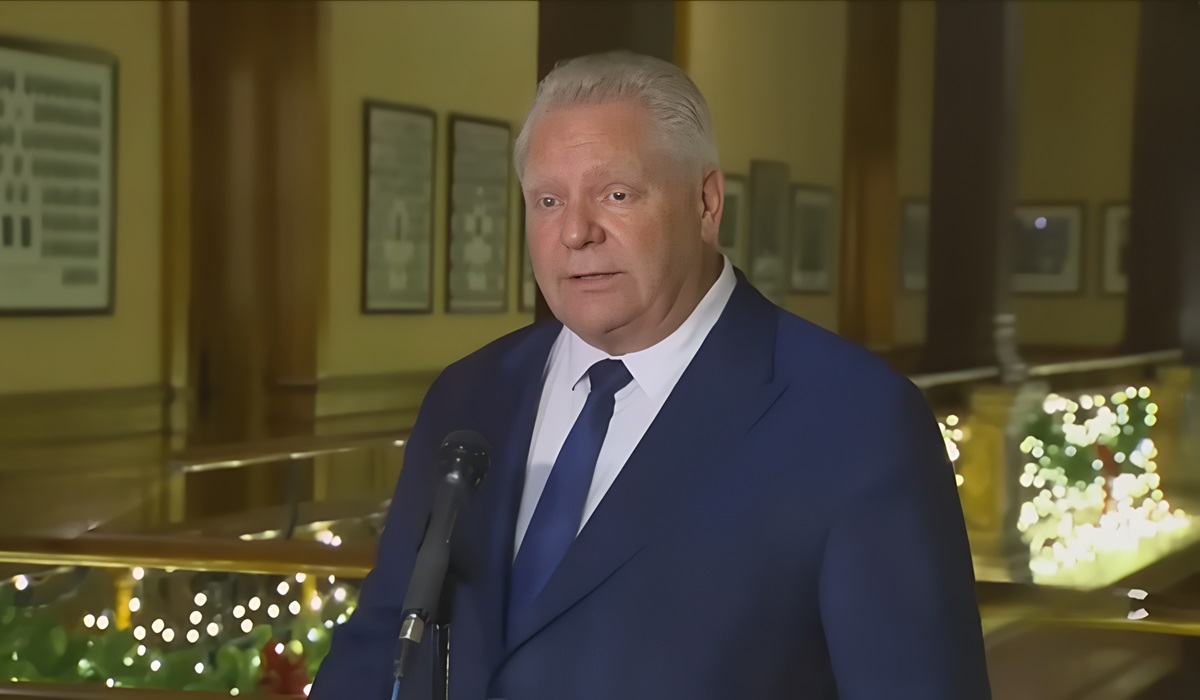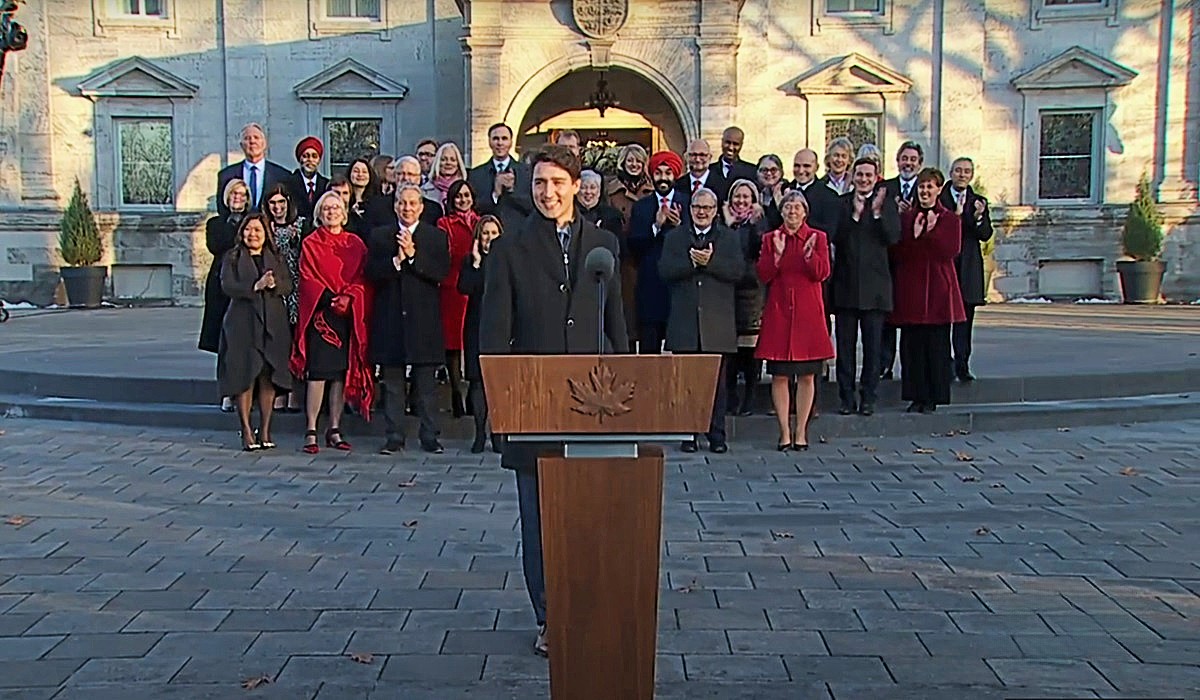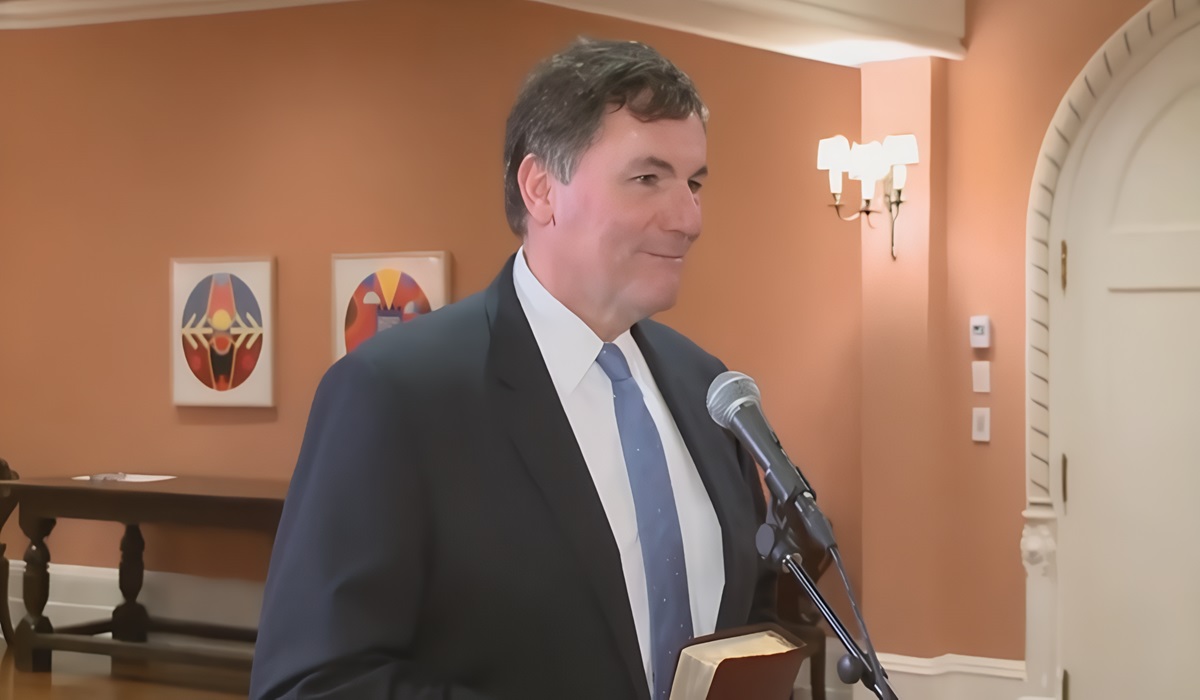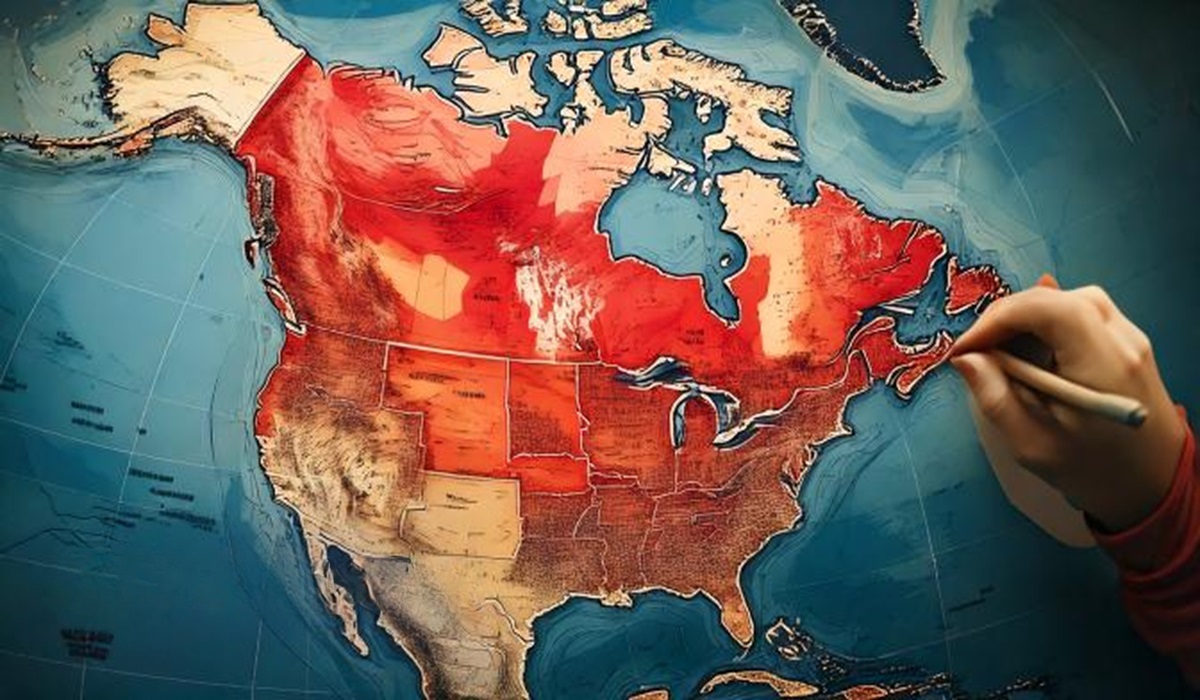If You Want To Save Lives Mr. Prime Minister, You Can Not Choose Sides
- TDS News
- Canada
- October 2, 2024
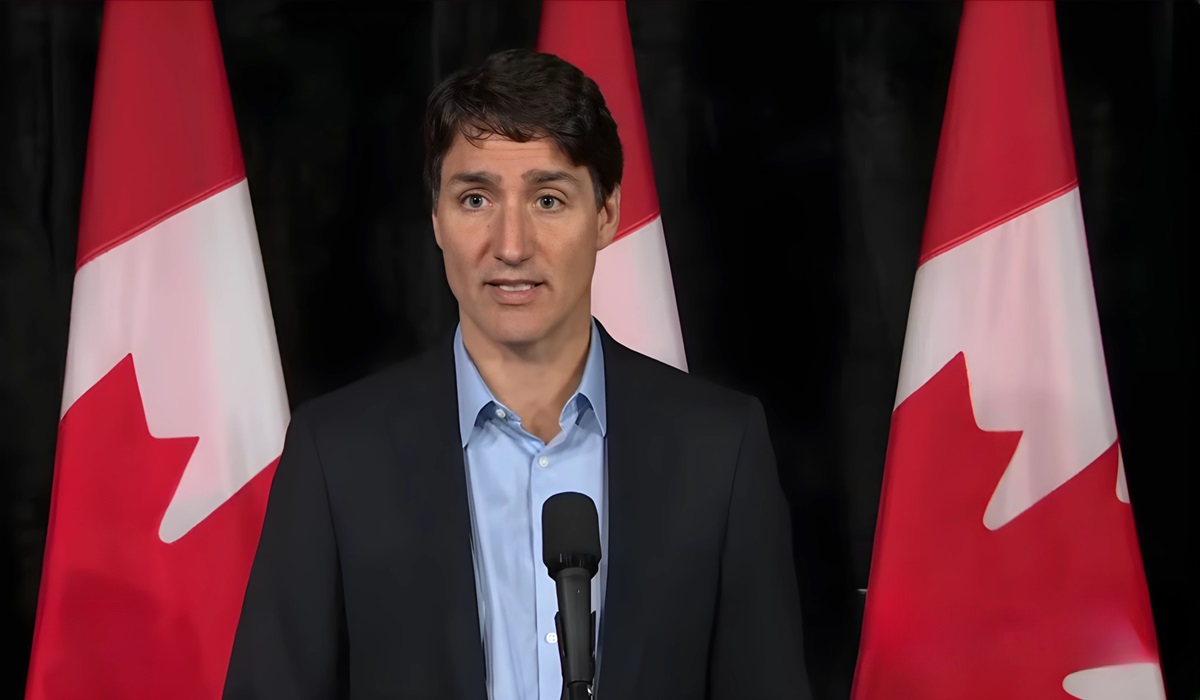
The recent statements from Prime Minister Justin Trudeau’s office and Foreign Affairs Minister Mélanie Joly reflect a significant shift in Canada’s foreign policy, raising concerns among many observers. For decades, Canada has been recognized for its peacekeeping efforts, often employing diplomacy to maintain neutrality and mediate conflicts. However, under this administration, Canada’s foreign policy appears to be aligning more closely with that of the United States, engaging in international conflicts that may not align with its national interests. This evolution in approach is seen by some as a departure from the country’s longstanding tradition of fostering peace and neutrality, particularly in regions where many Canadians have cultural ties.
Trudeau’s response to the recent bombings in Lebanon and Gaza reflects a noticeable shift in Canada’s foreign policy. In his statement following Israeli airstrikes in Lebanon, he attributed the violence to Hezbollah and Iran, portraying the conflict as one-sided—a view that some argue oversimplifies the complex history of the region. It is no secret that Hezbollah and Hamas, both elected governments, are backed by Iran and other regional players, while Israel is supported primarily by the United States, the United Kingdom, Germany, Jordan, and to a lesser extent, France and Canada. This fight can be viewed as a significant proxy war. Trudeau’s calls for a ceasefire placed heavy emphasis on Iran’s role in the escalation. Likewise, following Israeli actions and multiple targeted assassinations, Trudeau condemned Iran while affirming Israel’s right to self-defense, a stance that some see as a narrow framing of a deeply intricate conflict.
The harsh reality is that all nations have the right to defend themselves. Israel has that right, but so do Palestine, Iran, and Lebanon, and certainly Canada if it was ever attacked!. The problem is that the rhetoric often skews one-sided. After the 9/11 attacks, the U.S. launched a coalition and obliterated Afghanistan killing an estimated 176,000 – 210,000. Then there was the war in Iraq started under the false pretense of weapons of mass destruction that killed an estimated 654,000 people. War is brutal and without mercy; if you strike, it is unfathomable that your open is expected to turn the other cheek. This simple truth is often overlooked when it comes to certain conflicts. In times of war, governments love to spin narratives to suit their interests, but people are fed up with the lies. We live in an age where the truth is readily available through videos and firsthand accounts, and the public deserves to know what’s truly happening, not just propaganda that serves the powerful.
This approach has sparked debate about whether Canada’s foreign policy is sufficiently balanced, given the multicultural nature of the country and the diverse perspectives within its population. As Canada prepares for upcoming elections, questions arise about how the government will address the concerns of communities with deep connections to regions affected by these conflicts. This is even more apparent for the Muslim, Arab and Palestinian communities, who express their dismay with the Trudeau administration for choosing sides in a war Canada should have never joined.
The narrative surrounding the start of the current conflict, often traced to Hamas’s attack on October 7th, oversimplifies a much longer history of violence and unrest in the region. The Israeli-Palestinian conflict has endured for decades, with intermittent violence and fragile truces. Focusing solely on recent events risks overlooking the broader context, including the long-standing issues of occupation, resistance, and the suffering endured by civilians on all sides. Many Palestinians do not support groups like Hamas or Hezbollah, just as many Israelis oppose the policies of Prime Minister Netanyahu. Notably, significant protests have taken place within Israel, calling for an end to violence and greater efforts toward peace.
At the same time, the actions of groups like Hamas and Hezbollah cannot be overlooked. The violence on October 7th, where civilians were targeted and killed, was a tragic and unacceptable brutal act of violence. These groups have continued to launch rockets into Israel, while Hezbollah’s activities target both military and civilian areas.
Then there is the rhetoric surrounding the Iron Dome, Israel’s missile defense system, has often been lauded for its ability to intercept incoming rockets. However, reports and footage from Israeli citizens suggest that this defense is not foolproof. Some missiles have managed to bypass the system, causing destruction and loss of life. It is important to acknowledge the limitations of such defenses and avoid narratives that present them as invincible, as this can contribute to a false sense of security for the people of Israel. As information becomes more accessible through modern technology, the public expects transparency and a balanced understanding of events.
As the conflict continues, the toll on innocent civilians grows. Governments should prioritize the well-being of those caught in the crossfire, as they are the ones who bear the brunt of decisions made far from the battlefield. Canada, known for its peace-oriented diplomacy, should continue to advocate for de-escalation and dialogue rather than being drawn into protracted conflicts. Many Canadians hope that future leadership will reinforce this commitment to peace.
Additionally, the rise in anti-Semitic and anti-Muslim incidents globally, as a result of heightened tensions in the Middle East, is a troubling development. It is critical to distinguish between legitimate criticism of government policies and hatred directed at entire communities. Efforts must be made to ensure that discussions about the conflict do not fuel divisions or incite violence against Jewish, Muslim, or Palestinian populations. Now, more than ever, is a time for careful diplomacy and efforts to foster understanding.
As Canada navigates its role on the global stage, there is a growing call for leadership that will maintain the country’s tradition of promoting peace, while also being mindful of its diverse population’s concerns. Canada’s continued involvement in foreign conflicts should be approached with caution, and many hope to see a renewed focus on peacebuilding efforts that reflect the country’s core values.





